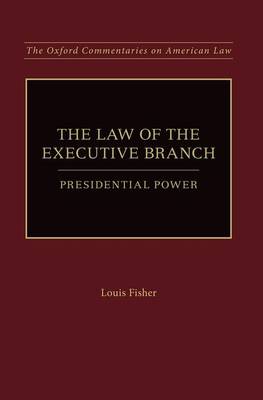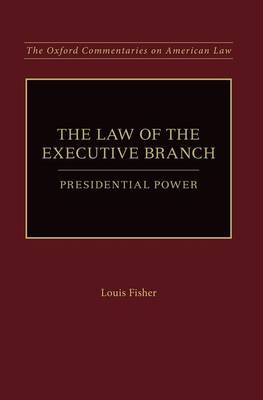
- Afhalen na 1 uur in een winkel met voorraad
- Gratis thuislevering in België vanaf € 30
- Ruim aanbod met 7 miljoen producten
- Afhalen na 1 uur in een winkel met voorraad
- Gratis thuislevering in België vanaf € 30
- Ruim aanbod met 7 miljoen producten
Zoeken
Omschrijving
The scope of presidential authority has been a constant focus of constitutional dispute since the Framing. The bases for presidential appointment and removal, the responsibility of the Executive to choose between the will of Congress and the President, the extent of unitary powers over the military, even the ability of the President to keep secret the identity of those consulted in policy making decisions have all been the subject of intense controversy. The scope of that power and the manner of its exercise affect not only the actions of the President and the White House staff, but also all staff employed by the executive agencies. There is a clear need to examine the law of the entire executive branch.
Specificaties
Betrokkenen
- Auteur(s):
- Uitgeverij:
Inhoud
- Aantal bladzijden:
- 494
- Taal:
- Engels
- Reeks:
Eigenschappen
- Productcode (EAN):
- 9780199382118
- Verschijningsdatum:
- 19/11/2015
- Uitvoering:
- Paperback
- Formaat:
- Trade paperback (VS)
- Afmetingen:
- 175 mm x 249 mm
- Gewicht:
- 861 g

Alleen bij Standaard Boekhandel
+ 212 punten op je klantenkaart van Standaard Boekhandel
Beoordelingen
We publiceren alleen reviews die voldoen aan de voorwaarden voor reviews. Bekijk onze voorwaarden voor reviews.







